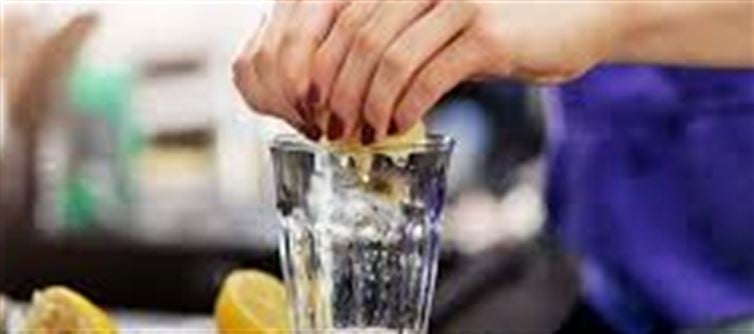
Kidney stones are hard deposits made of minerals and salts that form in the kidneys, leading to intense pain and discomfort. One of the key factors in managing and preventing kidney stones is maintaining proper hydration and making informed beverage choices. Certain drinks can either aid in preventing the formation of stones or exacerbate the condition.
To begin with, water is the most beneficial beverage for kidney stone prevention. Staying well-hydrated helps dilute the substances in urine that lead to stones. Aim for at least 8-10 cups of water daily, or more if you are active or live in a hot climate. Additionally, citrus beverages, particularly those rich in citric acid like lemonade and orange juice, can be beneficial. Citric acid can help inhibit stone formation and may even dissolve small stones.
On the other hand, certain drinks can contribute to kidney stone formation. Beverages high in oxalates, such as black tea, certain fruit juices, and soft drinks, should be consumed in moderation, especially for those prone to calcium oxalate stones. Additionally, excessive consumption of sugary drinks and sodas can lead to higher urine calcium levels, increasing the risk of stones. Caffeinated beverages can also lead to dehydration, which is counterproductive.
Alcohol, particularly beer, may have a mixed impact, as moderate consumption might lower the risk of certain types of stones, but excessive intake can lead to dehydration. It’s essential for individuals with a history of kidney stones to consult with a healthcare provider for personalized advice on hydration and dietary choices. By making informed beverage choices and prioritizing hydration, individuals can significantly reduce their risk of kidney stone formation and improve their overall kidney health.
Disclaimer:
The views and opinions expressed in this article are those of the author and do not necessarily reflect the official policy or position of any agency, organization, employer, or company. All information provided is for general informational purposes only. While every effort has been made to ensure accuracy, we make no representations or warranties of any kind, express or implied, about the completeness, reliability, or suitability of the information contained herein. Readers are advised to verify facts and seek professional advice where necessary. Any reliance placed on such information is strictly at the reader’s own risk.
.jpg)




 click and follow Indiaherald WhatsApp channel
click and follow Indiaherald WhatsApp channel